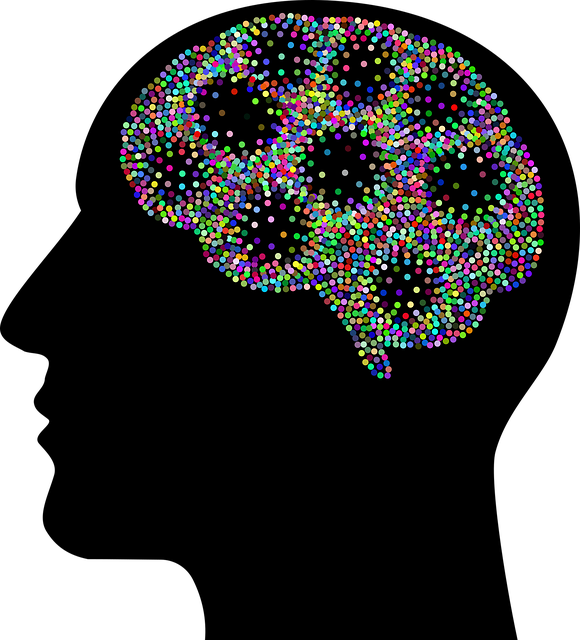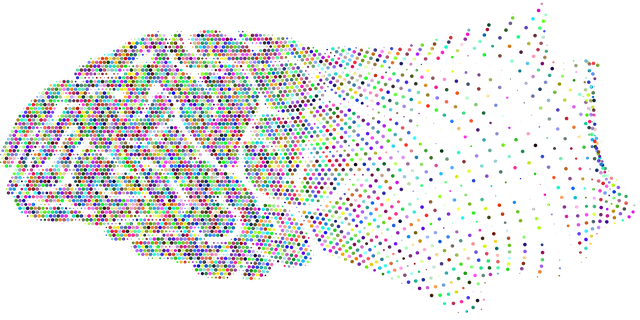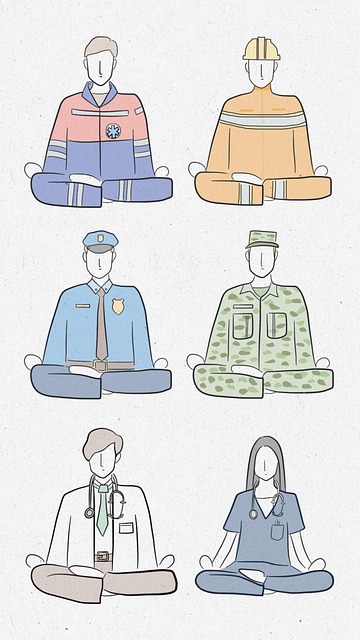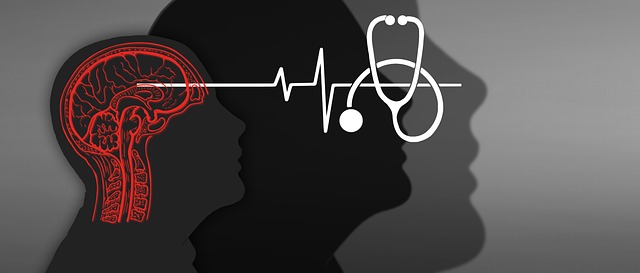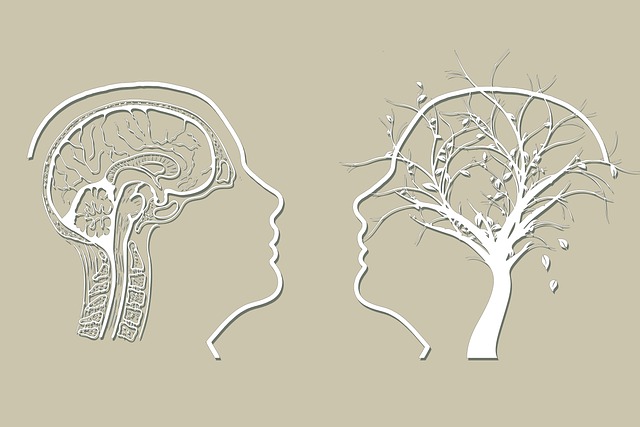Media portrayals significantly shape public understanding of mental health, with negative stereotypes exacerbating stigma. Colorado Springs leads the way in improving representation through its innovative Independent Medical Evaluations (IMEs), offering unbiased guidance on diverse conditions and enhancing therapist support. This strategy, coupled with collaboration between therapists and content creators, promotes accurate, empathetic media narratives about mental wellness. By integrating therapy into media production, Colorado Springs fosters open conversations, normalizes mental health discussions, and encourages communities to seek support.
Mental illness representation in media significantly influences public perception, often perpetuating stereotypes or lacking authenticity. This article explores strategies to challenge these narratives, focusing on three key areas. We delve into the profound impact of media portrayals on mental health perceptions and present a new perspective through Colorado Springs Independent Medical Evaluations, offering a more nuanced understanding. Furthermore, we discuss therapy as a powerful tool for empowering positive change in media representation, highlighting its role in promoting accurate and compassionate depictions.
- Understanding the Impact of Media Portrayals on Mental Health Perception
- Colorado Springs Independent Medical Evaluations: A New Perspective
- Therapy as a Solution: Empowering Positive Change in Representation
- Strategies for Promoting Accurate and Compassionate Media Depictions
Understanding the Impact of Media Portrayals on Mental Health Perception

Media portrayals significantly shape public perceptions about mental health, influencing how individuals from diverse communities understand and respond to conditions like depression, anxiety, or schizophrenia. Research reveals that negative or stereotypical representations can lead to increased stigma, fear, and even discrimination against those struggling with mental illness. In contrast, accurate and empathetic media narratives foster understanding, compassion, and support-seeking behaviors. This is particularly crucial in promoting access to resources like Colorado Springs independent medical evaluations and therapy services.
By incorporating compassion cultivation practices and empathy-building strategies into storytelling, the media can encourage viewers to approach mental health issues with openness and curiosity rather than judgment. Effective communication strategies that highlight personal stories and diverse experiences can dismantle harmful stereotypes, encouraging audience members to connect with those affected by mental illness on a human level. This shift in perception has the potential to normalize conversations about mental health, ultimately reducing barriers to care and fostering more inclusive support systems.
Colorado Springs Independent Medical Evaluations: A New Perspective

In the pursuit of accurate mental illness representation in media, a novel approach emerges from Colorado Springs—Independent Medical Evaluations (IMEs). This innovative strategy offers a fresh perspective on addressing the often-stigmatized topic of mental health. IMEs provide an unbiased assessment, ensuring that individuals with various mental health conditions receive competent and caring therapy. By implementing this practice, media platforms can gain access to expert insights, facilitating more nuanced storytelling about mental wellness.
The benefits extend beyond improved representation; they include enhanced risk management planning for mental health professionals. With structured IMEs, healthcare providers can offer tailored guidance, like effective burnout prevention strategies, ensuring the well-being of practitioners while managing patient expectations. This holistic approach encourages a supportive environment where individuals seek therapy, contribute to their Mental Wellness Journaling Exercise, and ultimately, foster better outcomes through comprehensive Burnout Prevention Strategies for Healthcare Providers.
Therapy as a Solution: Empowering Positive Change in Representation

In the pursuit of authentic and positive mental illness representation in media, therapy emerges as a powerful solution. Professional therapists in Colorado Springs, equipped with specialized training, play a pivotal role in crafting narratives that reflect the realities of various mental health conditions. Through independent medical evaluations, these professionals not only assess but also guide content creators to ensure accurate and empathetic portrayals. This collaborative approach empowers both the media industry and audiences by fostering an environment where mental wellness is treated with sensitivity and nuance.
The integration of therapy into media production processes, including the development of a Mental Wellness Podcast Series or the design of educational programs focused on mental health, offers a unique opportunity for positive change. Therapists can provide guidance on journaling exercises that promote self-reflection and mental wellness, contributing to a deeper understanding of these issues among viewers. By actively participating in media creation, therapists ensure that stories not only entertain but also educate, challenge stereotypes, and encourage conversations around mental health, ultimately enhancing the overall mental wellness of communities.
Strategies for Promoting Accurate and Compassionate Media Depictions

To promote accurate and compassionate media depictions of mental illness, a multifaceted approach is necessary. One key strategy involves collaboration between mental health professionals, content creators, and media organizations. Conducting Colorado Springs independent medical evaluations can help ensure that portrayals are grounded in reality, minimizing stereotypes and misconceptions. Regular consultations with therapists and psychiatrists specializing in various mental health conditions can guide writers, directors, and producers to create more nuanced and empathetic storylines.
Additionally, integrating risk assessments for mental health professionals into the creative process can help mitigate harmful representations. By involving experts in mental wellness during development stages, media creators can better understand the emotional healing processes depicted and avoid potentially triggering or inaccurate content. This collaborative effort not only enhances the integrity of storytelling but also contributes to broader public understanding and acceptance of mental health issues, fostering a more supportive environment for those seeking therapy and recovery.
In light of the profound influence media portrayals can have on mental health perceptions, it’s clear that challenging negative stereotypes through accurate and compassionate representations is a crucial step towards fostering understanding and support. The strategies discussed, including the implementation of Colorado Springs Independent Medical Evaluations and therapy-driven approaches, offer promising paths to revolutionize media depiction of mental illness. By embracing these solutions, we can create a more inclusive and empathetic society where individuals with mental health challenges are empowered to find positive change and receive the support they deserve.


